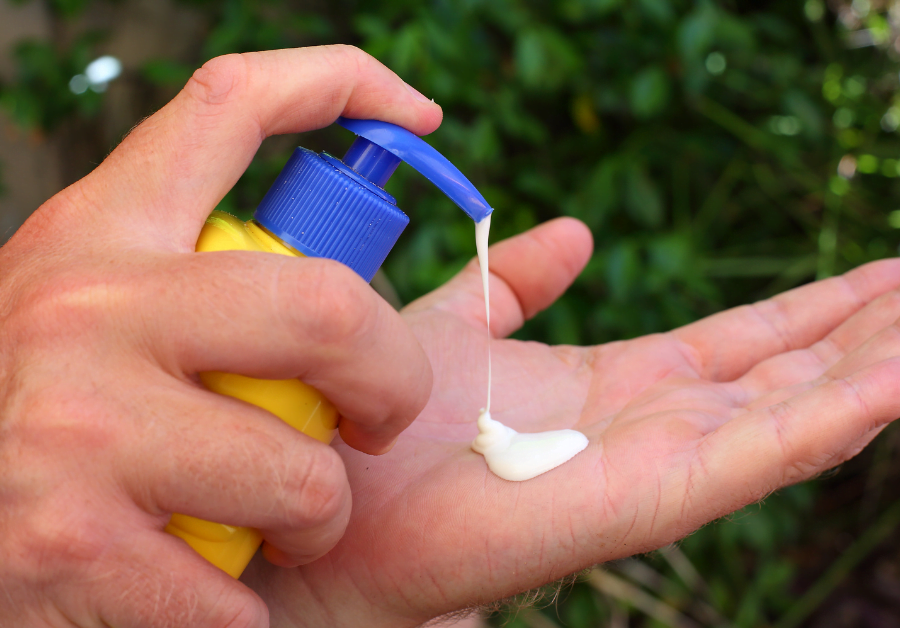
Staying safe in the sun
After a wet and cold spring, it’s nice to see the weather finally warming up!
However it’s good to remember that while the warm weather invites us outdoors, it also brings the risk of sunburn, heatstroke, and other heat-related challenges. This is especially true for individuals with additional care needs, who might be more vulnerable due to certain medications and their conditions.
Here’s a quick guide to help ensure everyone enjoys the sun safely!
Understanding the risks
People with additional care needs may face increased risks in the sun. Some medications can enhance sun sensitivity, leading to quicker sunburns or exacerbating dehydration. Recognising these risks is the first step in crafting a sun safety strategy tailored to their needs.
Sun protection essentials
Sunscreen isn’t just a beach day staple; it’s a daily necessity for anyone spending time outdoors. For those who are outside frequently, choosing the right sunscreen is crucial. Look for products offering broad-spectrum protection with an SPF of at least 30. Remember, sunscreen isn’t one-size-fits-all solution, various formulas cater to different skin types, from oily to sensitive. Apply sunscreen generously on all exposed skin and reapply every two hours, or immediately after swimming or sweating.
Dressing for sun safety
Choosing the right clothing is just as important as selecting sunscreen. Opt for lightweight and breathable fabrics that cover as much skin as possible. Hats with wide brims offer excellent face and neck protection, while sunglasses with UV protection keep eyes safe from harmful rays. These simple choices can make a significant difference in comfort and protection.

Hydration is key
Staying hydrated is crucial, particularly for individuals with dementia who might not always recognise their thirst cues. Encourage regular fluid intake by offering a variety of beverages, such as water, flavoured water, or fruit-infused drinks. Keep an eye out for signs of dehydration, including fatigue, dizziness, and dry mouth. Setting reminders can also be a helpful way to ensure consistent hydration throughout the day.
Managing heat-induced agitation
The heat can be particularly challenging for those with dementia, often increasing agitation and confusion. To manage these symptoms, maintain a cool and comfortable environment. Use fans, air conditioning, and keep curtains closed during the hottest part of the day. Recognise the signs of discomfort early and create a calm, soothing environment to help alleviate stress.
Creating a sun-safe environment
For those particularly vulnerable, it might be best to stay indoors during peak sun hours (from 10 am to 4 pm). When outside, ensure access to shaded areas where they can relax away from direct sunlight. Incorporating fun, shaded spaces in your garden or community can make outdoor time enjoyable without the risk.

Make a sunscreen routine
Incorporating a sunscreen application into the daily routine of individuals with disabilities and dementia can ensure consistency and protection. Make it a part of the morning ritual, just like brushing teeth or combing hair.
With these simple yet effective strategies, family members can help protect their loved ones from the sun’s harmful effects, ensuring a safe, enjoyable summer for everyone. Remember, sun safety is not just a seasonal concern but a daily health consideration. By taking proactive steps, we can all enjoy the sunshine without the worry!
For more information on how our services can support you or your loved one contact us today.